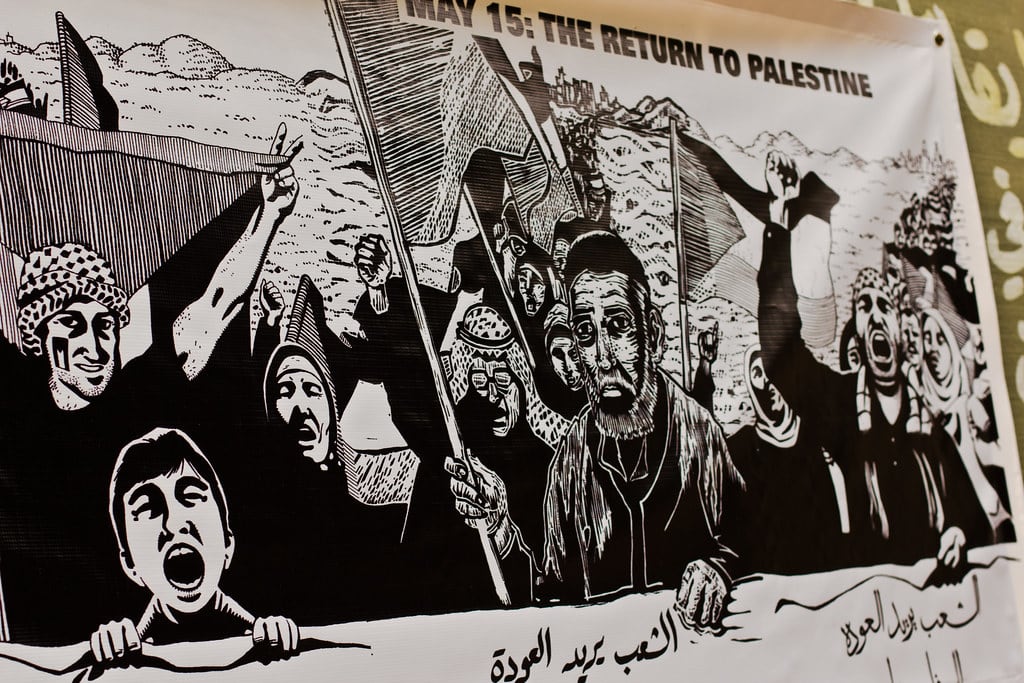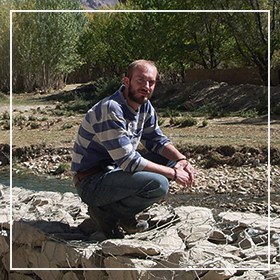Since the creation of the United Nations, and in line with the civilizing mission’s rhetoric used to justify colonialism, racist arguments about the African continent as halting, obstructing, defying and subverting accountability for mass atrocities have been rehearsed in major political and academic circles in the West. In international diplomatic arenas as well as in institutional cultural environments, Western countries tend to perceive themselves as the protectors and promoters of human rights, responsible for showing other – mostly non-Western – countries the path toward ethical and democratic behavior. This self-celebratory narrative, always contradicted by wars and plunder perpetrated by European countries and the United States around the globe, is now again proven wrong by history. By bringing Israel before the International Court of Justice, the world’s highest court, with the objective of putting an end to the ongoing massacres in Gaza – while the West continues to side with and provide military supplies to the oppressor – South Africa (with the support of its partners, all of which are exclusively from the Global South) is challenging the West’s moral high ground and exposing its double standards.
It is symbolically significant that of all the 193 United Nations member states, it is South Africa, a country that has made the painful experience of apartheid, and therefore understands too well that ‘our freedom is incomplete without the freedom of the Palestinians’ (Nelson Mandela), that is initiating this procedure. After more than one hundred days of uninterrupted bombings, and in spite of killings being livestreamed as they occur, the Western allies of Israel remain unshaken. Biden and Trudeau, Sunak and Macron, Borrell and von der Leyen continue to marshall pretenses to excuse the violence of ‘the only democracy in the Middle East’ and ‘the most moral army in the world’ and the atrocities it is committing with their help.
‘In extending our hands across the miles to the people of Palestine, we do so with the full knowledge that we are part of a humanity that is at one.’ It is with this quote from Nelson Mandela that Justice Minister Ronald Lamola opened South Africa’s statement before the ICJ, perfectly encapsulating the essence of their intervention. Because what stood out in South Africa’s intervention was precisely their humanity. Each member of the South African legal team went beyond presenting a legal case and, instead, offered a genuine expression of sympathy for the suffering of the Palestinians and solidarity with their struggle.
Already in 1961, Franz Fanon concluded his essay The Wretched of the Earth, by saying: ‘If we want to meet the expectations of our peoples, we have to look beyond Europe’.
Whereas most human rights mechanisms tend to focus on contingent facts and limit the room for broader contextualisation and discussion about root causes, South Africa took the opportunity of this hearing to emphasize the importance of placing the current events in a longer history marked by ongoing denial of self-determination and right to return, Nakba, and occupation, all of which have led to the slow but consistent suffocation of Palestinians and prepared the ground for genocidal acts to take place. It stated that decades of impunity have emboldened Israel to intensify its crime.
As Germany committed to take a stand and support Israel in front of the Court, Namibia, which at the beginning of the 20th century suffered the Herero and Namaqua genocide inflicted by the German empire, cautioned Germany to reconsider its decision. ‘No peace-loving human being can ignore the carnage waged against Palestinians in Gaza,’ the Namibian presidency declared.
Already in 1961, Franz Fanon concluded his essay The Wretched of the Earth, by saying: ‘If we want to meet the expectations of our peoples, we have to look beyond Europe’. This statement can be read as a prediction of the role South Africa is taking today. His call to ‘look elsewhere’ in the quest for a true humanism, where concern for humanity is no longer eclipsed by the interests of dominating nations or the identities of conquering peoples, is reflected in South Africa’s outstretched hand to Palestinians at the very moment when Western hypocrisy is exposed.
South Africa is presenting the West with a lesson that goes far beyond legal aspects in relation to the United Nations Genocide Convention. The different degrees of humanity that so-called humanitarian wars and attempt to export democracy have produced, whereas the massacre or the suffering of the ‘civilized’ is considered as more tragic than the massacre or the suffering of ‘others’, can no longer be accepted. The former colonized are now emergent or in several cases largely consolidated global powers that question the Western rhetoric of a moral superiority proclaimed while supporting the massacre of the Palestinians. Global hierarchies are being reconfigured and much is uncertain about the prospects for peace in several regions. But the challenges we all have before us require a change of mindset, not only ad hoc actions and reparations.
Demonstrations of solidarity with the people of Gaza are taking place around Europe but most political leaders remain untouched by the cry of thousands of innocent civilians. It is a key historical moment for European conscience to wake up and, inspired by South Africa, protect the idea of humanity, before it is too late.
This paper was published simultaneously on both Allegra Lab and Public Anthropologist.





